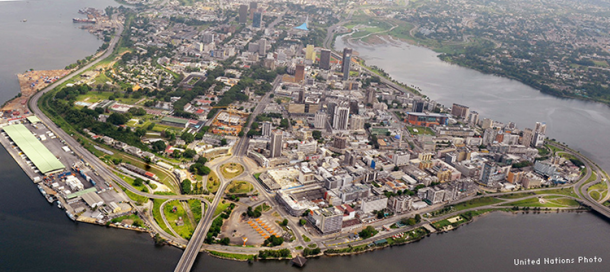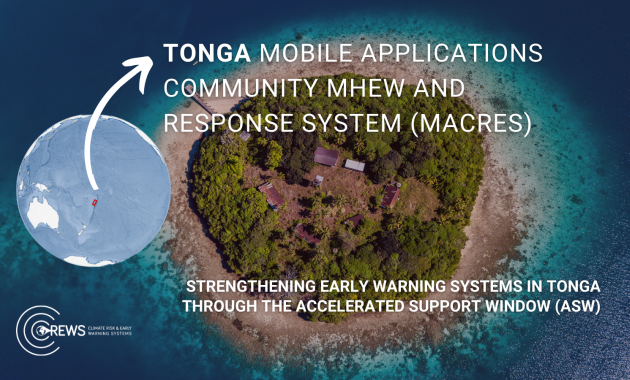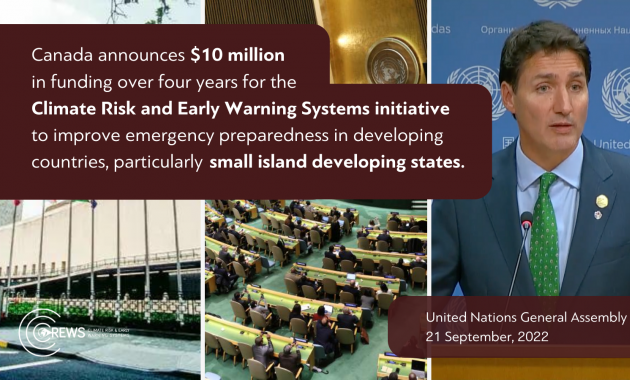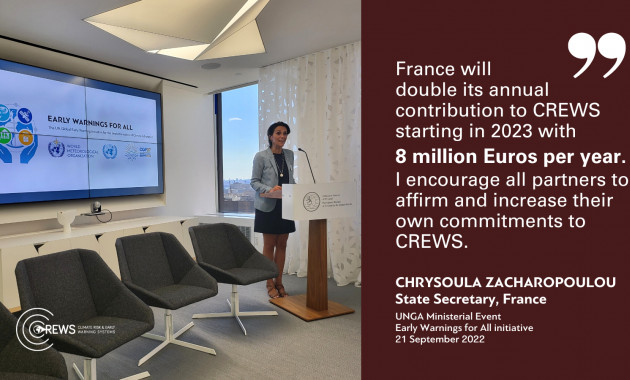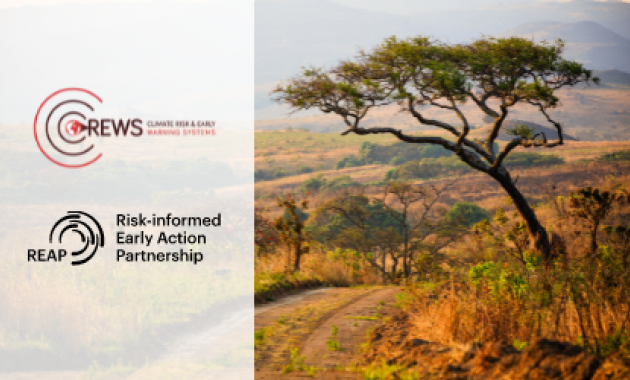“A very powerful way to adapt to climate change is to invest in early warning services and disaster risk reduction activities,” said WMO Secretary-General Petteri Taalas, who was in attendance at the Forum.
“Here we have been able to bring both political decision makers, development partners, and technical expertise that WMO is providing together, and by joining our forces we can have a big impact at the country level.”
West Africa is one of the most vulnerable sub-regions to climate variability and change. In the Sahel, temperature increases are projected to be 1.5 times higher than in the rest of the world. In the coastal area of West Africa, sea level rise will intensify coastal erosion phenomenon. Flooding already affects the sub-region with increasing frequency and intensity. As much of West Africa’s growing population relies on rain-fed agriculture, climate variability often results in humanitarian crises. Investments are needed in climate services to better anticipate changes and identify optimal adaptation options, such as strengthening the resilience of infrastructure, housing, pastoralism, and agriculture, complemented by warning systems.
West Africa has many elements of effective forecasting systems in place, but there is a need to strengthen operational exchange of data and products between the national, regional and global levels, to run higher resolution Regional Numerical Weather Prediction (NWP) models over the sub-region, to enhance data management, and to develop both pluvial and fluvial flood models.
In a context where national and sub-regional institutions are engaged in a large number of parallel investment projects, the regional project will seek to connect initiatives and ensure warning capacity gets strengthened in line with international standards. This means early warnings should address climatic timescales, with outlooks up to six-month advance notice, to severe weather events with a lead time of a few hours. Warning operational procedures are being established or strengthened to enable better connection among timescales, institutions, and countries within the sub-region. The Global Framework for Climate Services (GFCS), WMO, French Development Agency (AFD), African Development Bank AfDB and the World Bank provide the potential for realizing significant further improvements to the systems and capacities.
The objective of the CREWS West Africa project is to support the sub-regional institutions, including AGRHYMET, Regional Training Centers (RTCs) and Regional Specialised Meteorological Centres (RSMCs), to develop a seamless approach for warnings related to severe weather, flood and climate.
The 17 Member States of ECOWAS and the Permanent Interstate Committee for Drought Control in the Sahel (CILSS) are all targeted. The project is implemented by WMO in partnership with the Royal Netherlands Meteorological Institute (KNMI), German Weather Service (DWD), San Diego Hydrologic Research Center (HRC), Columbia University International Research Institute (IRI), UK Reading University, Dakar and Abuja Forecasting Centers and AGRHYMET, and provides best available knowledge and expertise to support national provision of risk information and warning services.
“Early warning systems have become even more critical over the last few decades with the impacts of climate change,” said World Bank Country Director for Côte d’Ivoire, Benin, Burkina Faso, Guinea, and Togo, Pierre Laporte.
“Early warning systems are important in the short term, within a few hours, but beyond that they also apply to a multi-year timescale.”
The CREWS West Africa project will test and promote innovative tools and solutions for agro-meteorology, food security and civil protection institutions. It will facilitate exchange of knowledge among West African and Sahel countries, through a community of practice for sharing ideas, good practices, technical specifications and terms of references among countries engaged or about to engage in large investments for early warning systems (Burkina-Faso, Chad, Côte d’Ivoire, Mali, Niger, Togo).
In Burkina Faso, Mali, and Niger, the World Bank and WMO, with CREWS funds, already provide specialized technical assistance. In each country, they provide a favourable environment for scaled-up funding from relevant financial institutions such as the International Development Association (IDA), the Global Climate Fund (GCF), the Pilot Program for Climate Resilience (PPCR) and the Global Environment Facility (GEF).
CREWS is supported financially by Australia, Germany, France, Luxembourg and the Netherlands.
Learn more about this project here: https://www.crews-initiative.org/en

